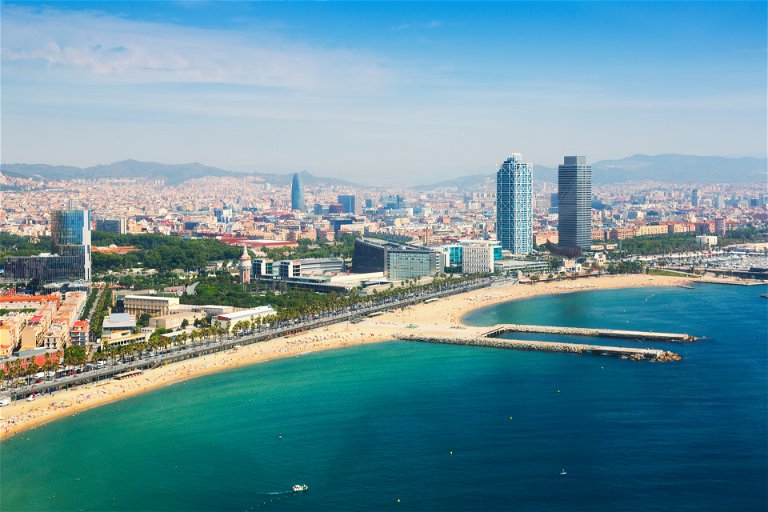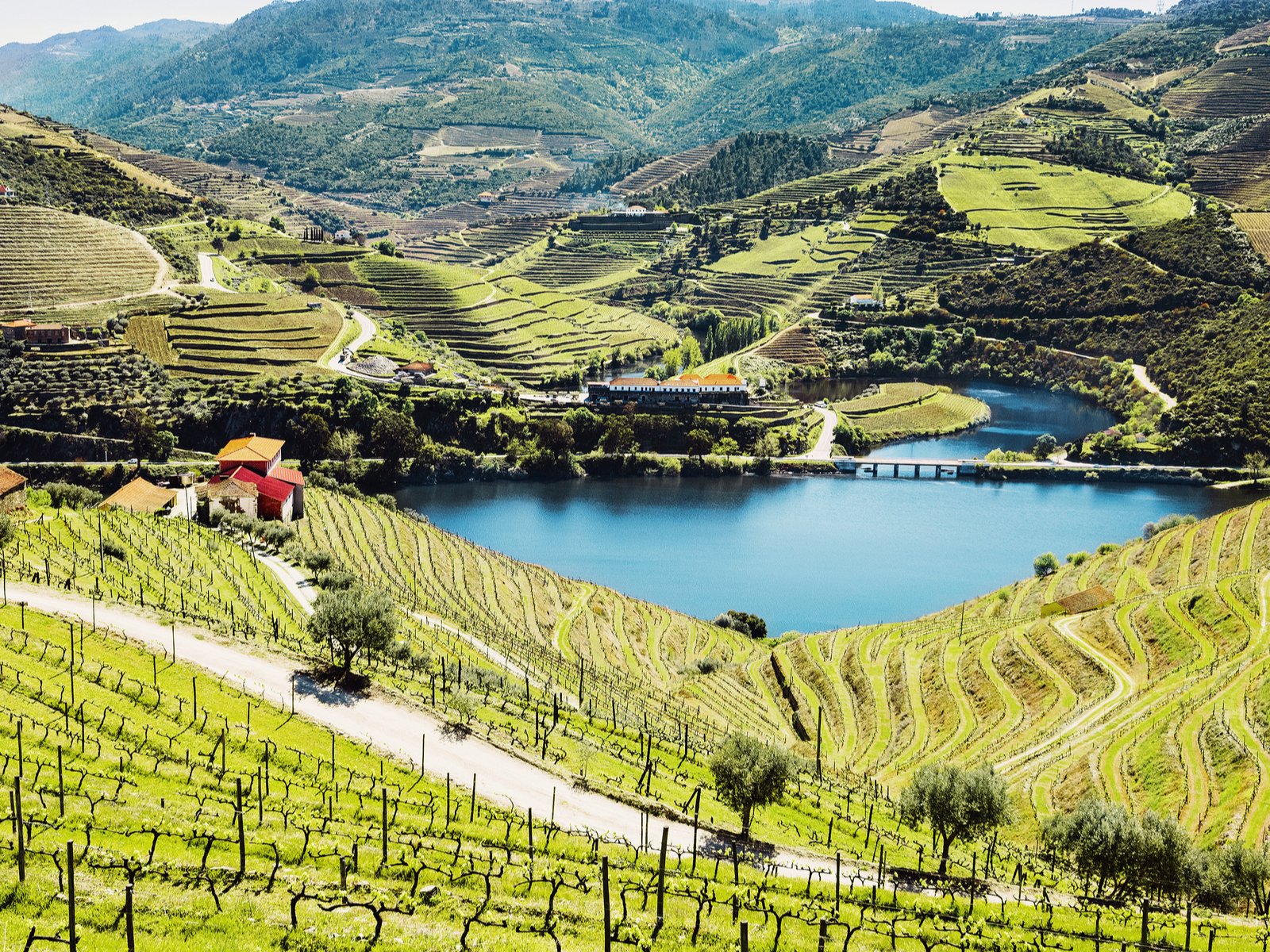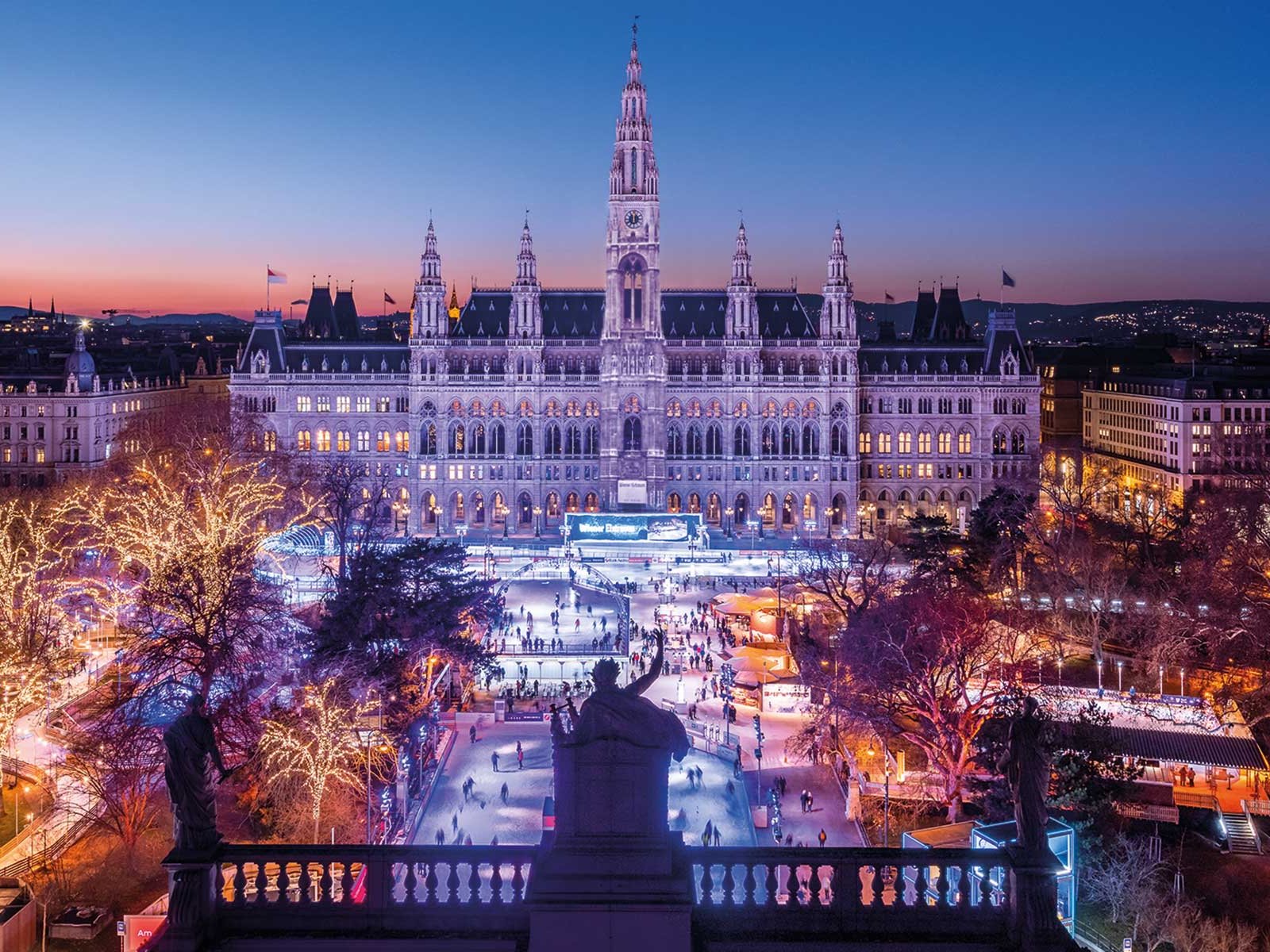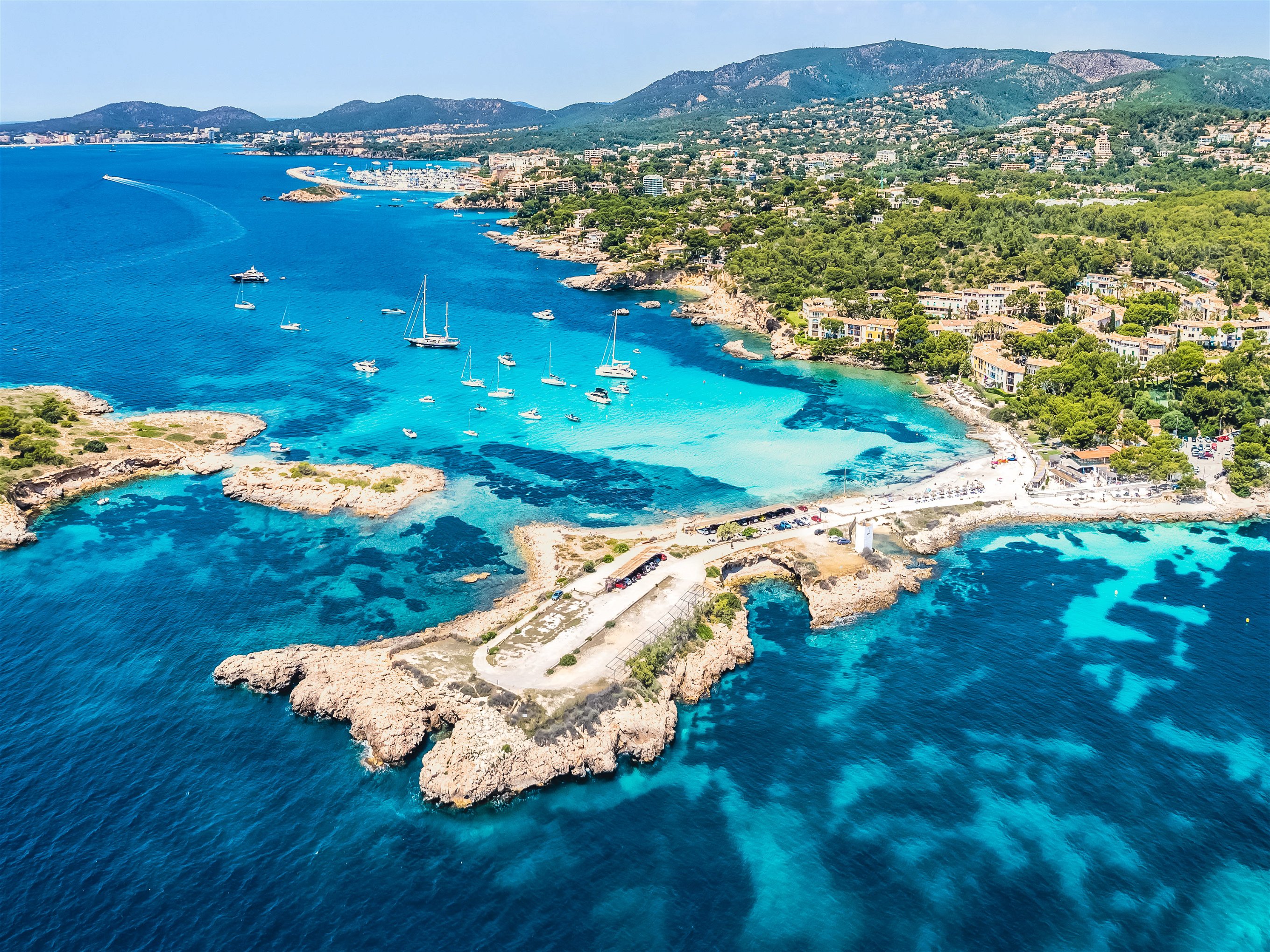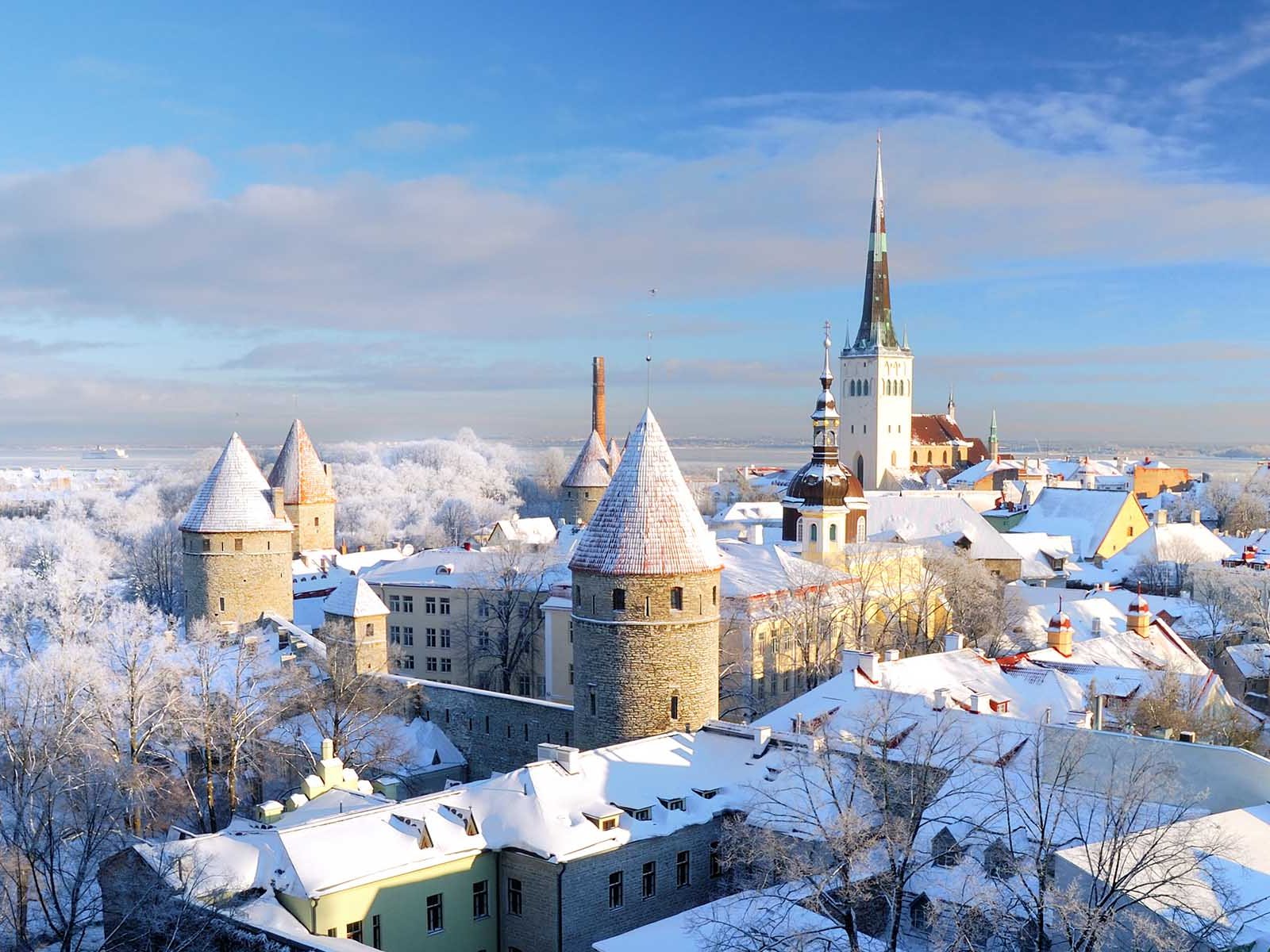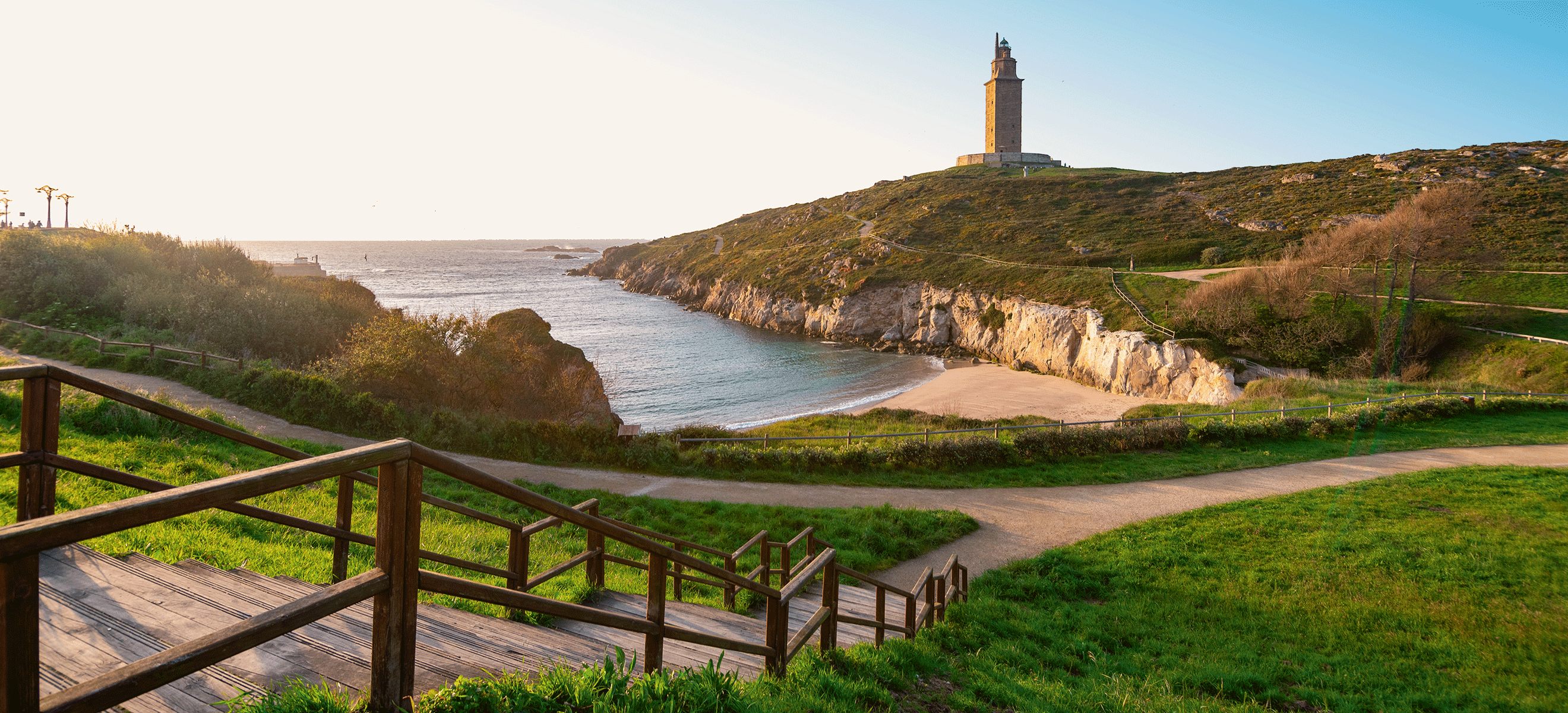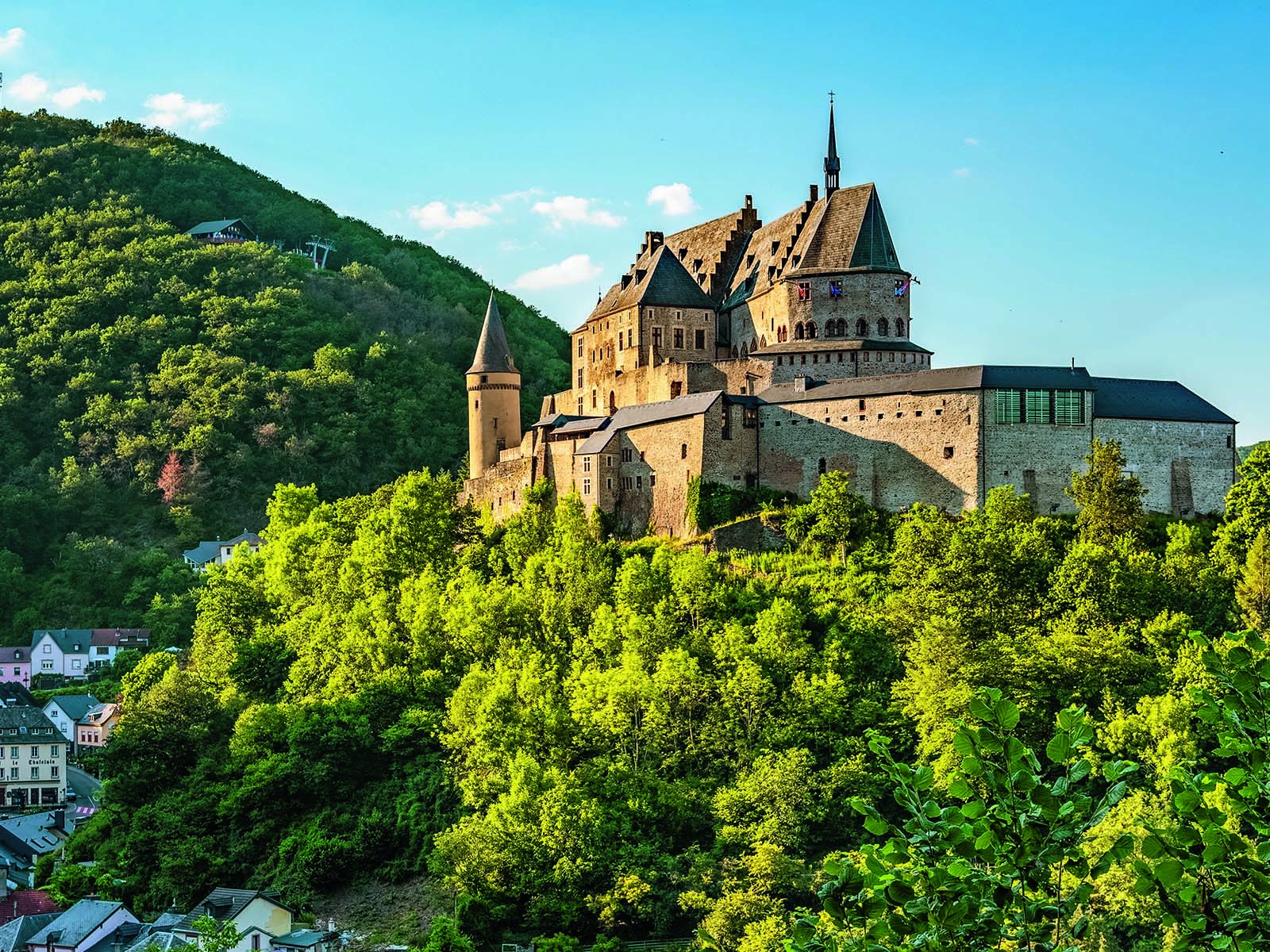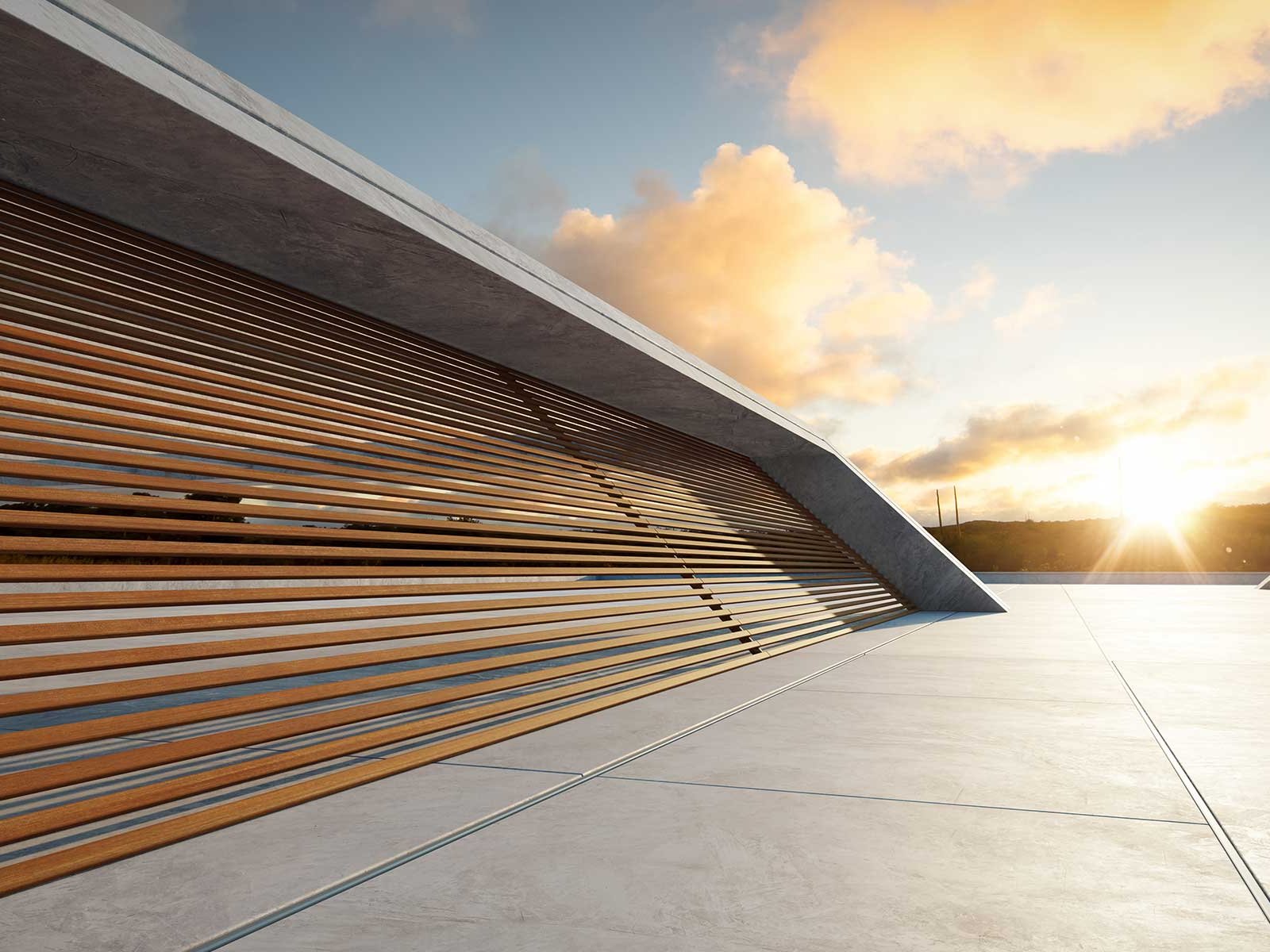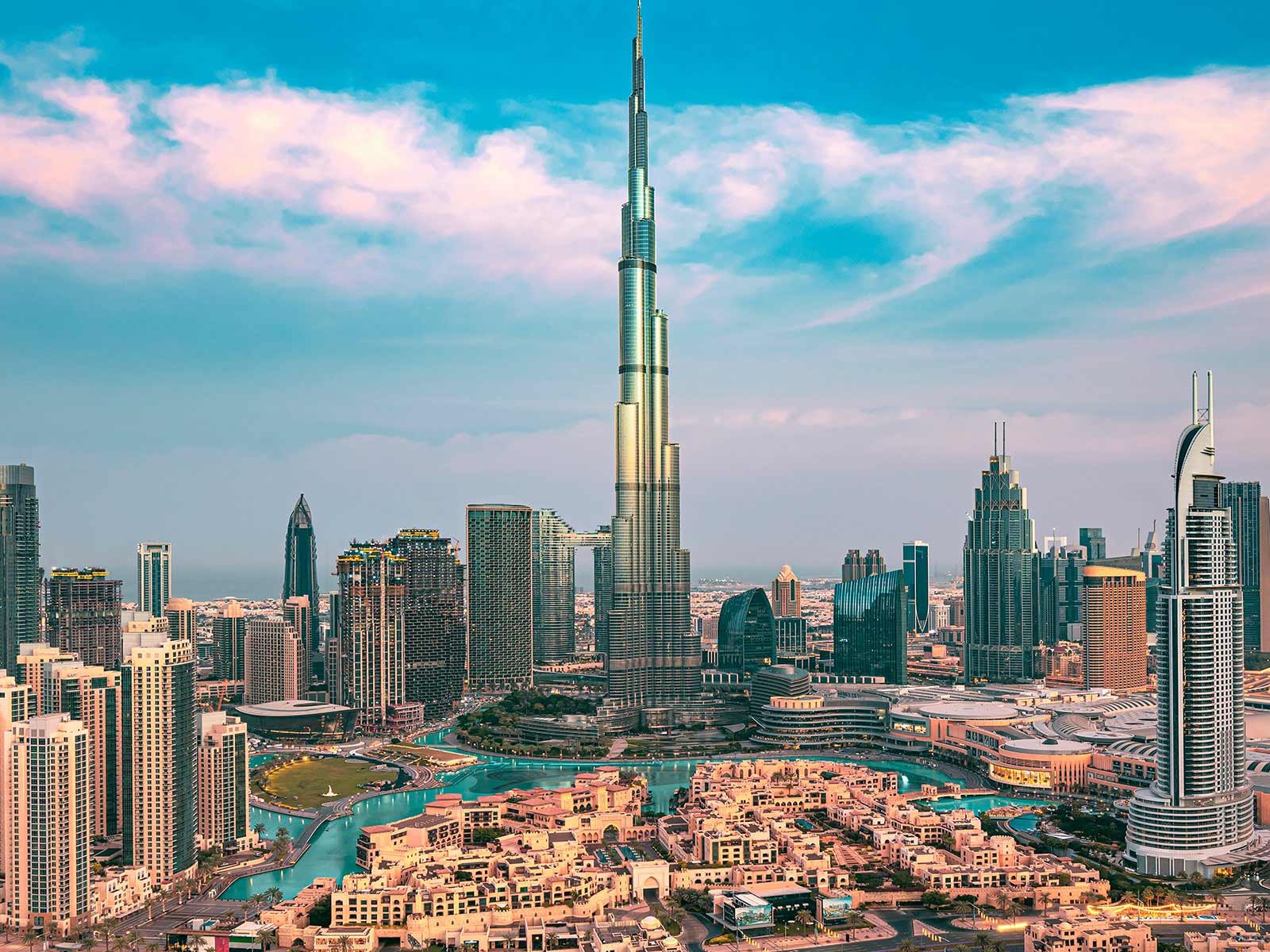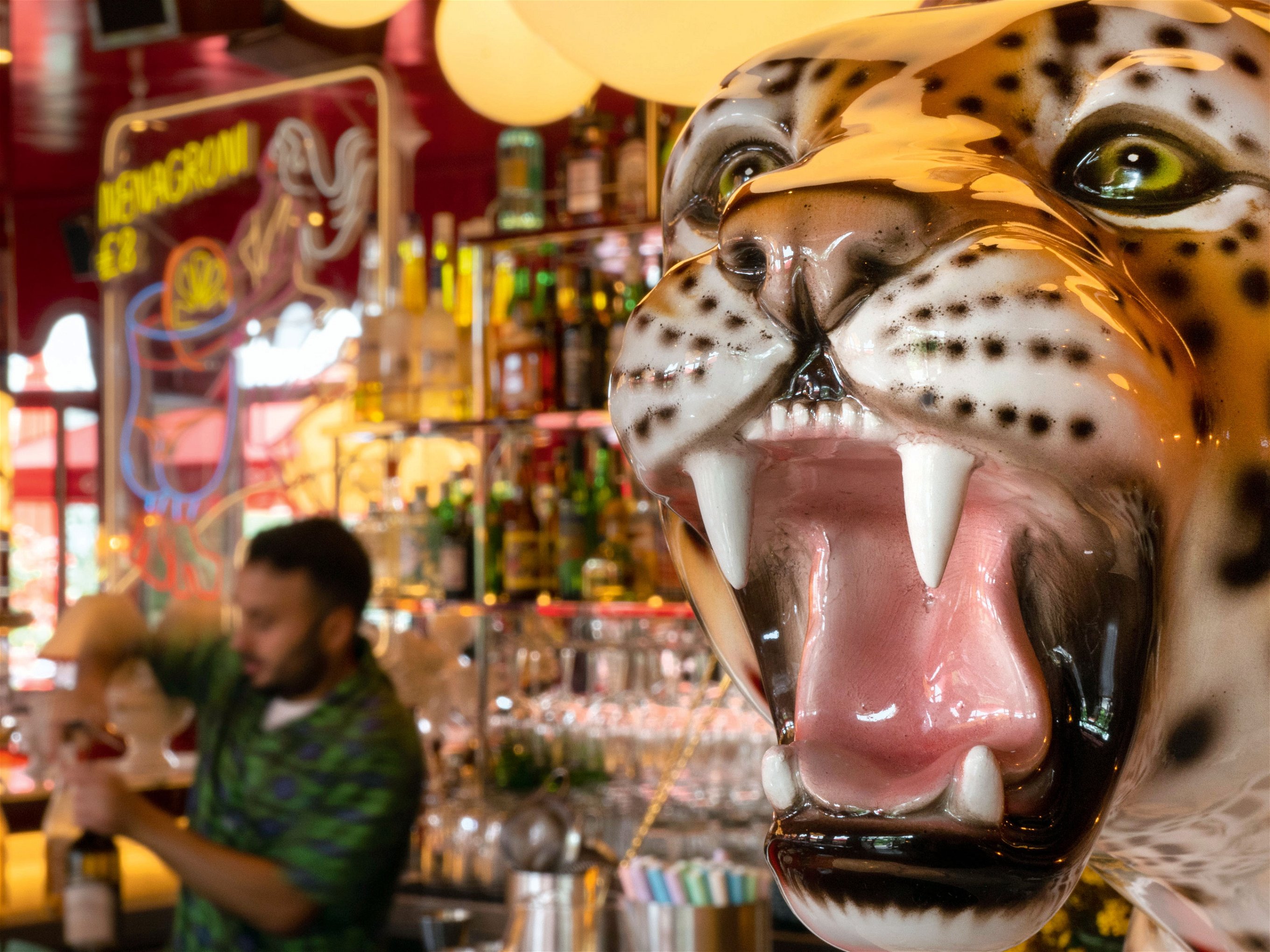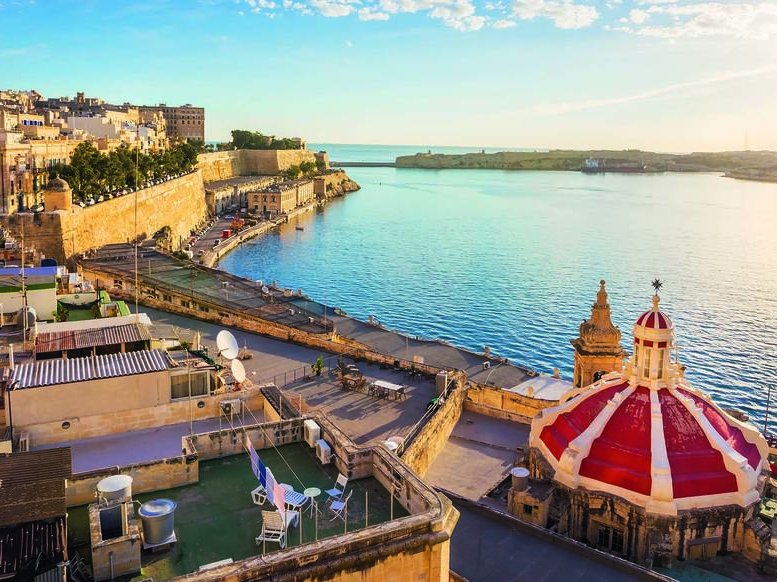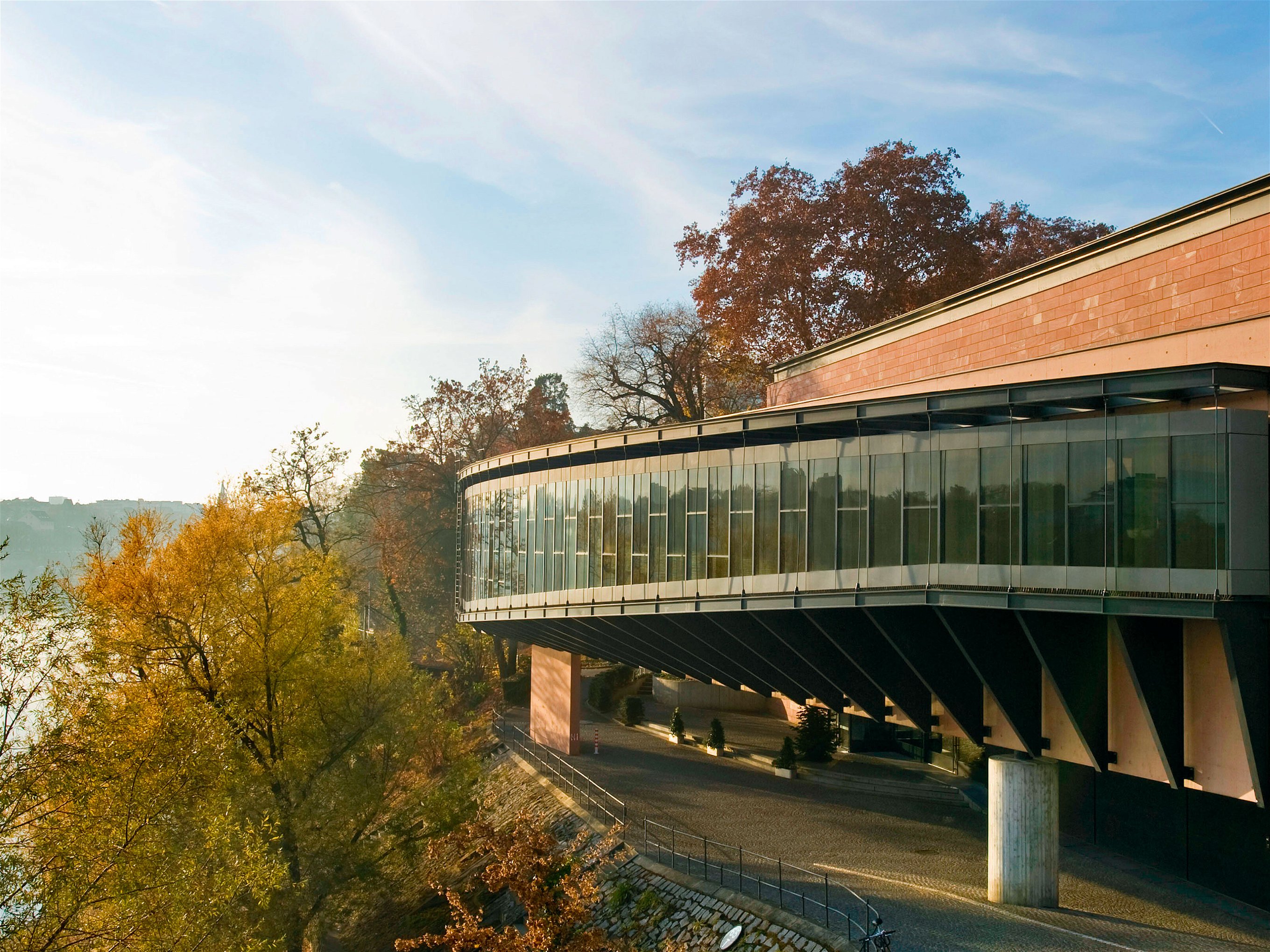Barcelona: The rhythm of the sea
Barcelona follows a clear rhythm when it comes to eating and drinking. From coffee in the morning to tapas and a last glass of Cava, there is a time and place for everything.
Spain's second-largest city is unrelentingly popular with visitors – there are about 20 tourists a year for each of its 1.6 million inhabitants. Its accessible culture, location by the sea and warm climate not withstanding, Barcelona's appeal also lies in its varied cuisine. If you make an effort to seek out authentic restaurants away from the crowds, you will be rewarded with classics and modern interpretations of Catalan cuisine. The concept of mar i muntanya combines fish and shellfish from the sea with meats from the mountainous hinterland. Mussels, crabs, chicken thighs and pork ribs can end up in the same pot, becoming an aromatic paella. Joan Escribà cooks this popular rice dish at the beach restaurant Xiringuito Escribà – a wonderful option for lunch.
It is well known that dinner for the Spanish does not start until around 9pm. The time between lunch and dinner is bridged with tapas. Eating your fill in a tapas bar, however, is contrary to local custom. Instead, it is more of a Spanish version of an early evening pub crawl, moving from bar to bar and choosing just one or two appetisers at a time. That's why the most authentic tapas places are those that have only a handful of dishes on the daily menu. A prime example of this is La Plata, a small corner bar in the old town that has been owned by the same family for almost 80 years. Of course, there is nothing wrong with the opposite: buffets that serve up dozens of varieties. Indeed so many gourmets appreciate the large selection in Bar del Pla that it is worth making a reservation. But moderating one's enjoyment and moving constantly through Barcelona's alleys, means there is still an appetite for dinner after the tapas round.
The next day can start one of two ways – either by reaching for a milk coffee and a sweet pastry or by filling up on a hearty hot "fork breakfast" (esmorzar de forquilla). Traditionally, vendors at market stalls and other workers fortify themselves for their physically demanding work with substantial dishes such as bean stew, pig's ears and fried eggs.
If you want to see the highlights of Barcelona, you have an exhausting day ahead. It's a four-kilometre walk from the charming Gothic quarter, via the Boqueria market hall and the famous Casa Batlló, designed by Antoni Gaudí, to the legendary Sagrada Família. Sweet specialities like churros or a wonderfully refreshing almond milk known as horchata de chufa provide much needed fuel on the way. Of course, here the afternoon snack also has a name: merienda. By always taking a break, tasting and planning the next meal, you manage to stay in Barcelona's culinary rhythm.
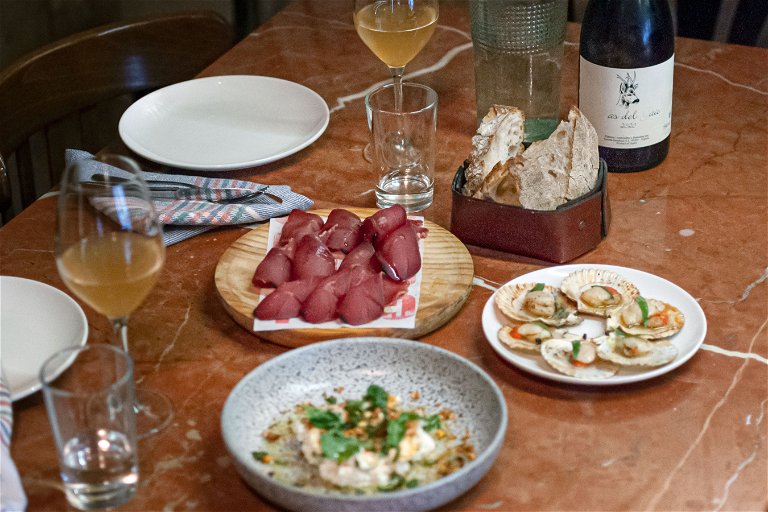
Wine worlds
Barcelona is a thoroughly cosmopolitan wine city. You will never get bored here, because there are so many things to discover. The spectrum ranges from bars and shops with unusual wine assortments to very traditional ones. Barcelona is also an important wine market, which is why you can find a great variety of top Spanish wines here – at quite moderate prices. Wine lovers should definitely pay a visit to Món vínic. A legendary wine bar that is also a wine shop, tapas bar and cheese shop. The menu offers around 2,600 great wines from all over the world. The food is outstanding, as is the selection of local and international artisan cheeses.
The wine selection is also impressive at Quimet & Quimet, a family-run bar founded in 1914. More than 500 positions offered here can be admired on the walls, among other places in the bar. There is also a large selection of preserves that leaves little to be desired. Matos Bar de Vins & Enoteca only opened in the Sant Gervasi district in 2015. The wines are offered here at retail prices plus a small corkage fee. This concept makes legendary, mature wines such as Château d'Yquem or Clos Mogador extremely affordable.
Barcelona also has a large number of establishments that focus on natural wines. The pioneer in this area is undoubtedly Bar Brutal, which was launched in 2013 by Italian-born brothers Max and Stefano Colombo. The selection of high-quality wines here is huge, the product-based food fine and the atmosphere pleasantly international and relaxed. Barcelona is also the capital of Cava. The sparkling wine is omnipresent here. This is not surprising, as the Penedès wine region, where more than 90% of Cava production comes from, is located just south of the city. Numerous exciting Cava producers can be found here, from well-known stalwarts to smaller producers. Only an hour's drive from the city is Raventós í Blanc, for example, which has been working biodynamically for many years and has a long tradition of Cava production.
